APTN National News
The president of the Northern Gateway Pipelines has been busy meeting with First Nations in an effort to get them onside with their pipeline project.
In the first part of our interview with President John Carruthers he tells APTN 26 First Nations in British Columbia and Alberta have now signed a deal indicating their support for the pipeline.
The remainder of the interview will broadcast tonight and be available online Wednesday.





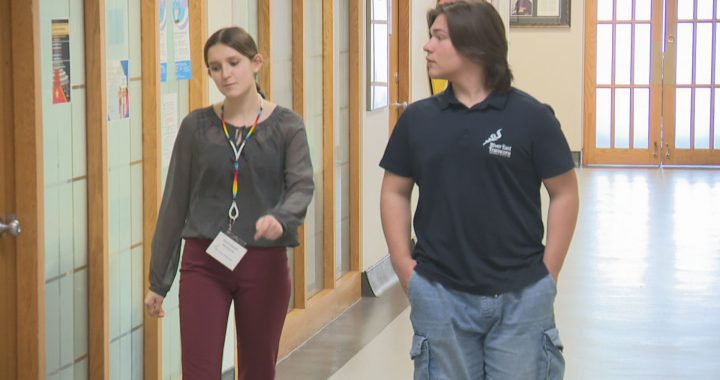
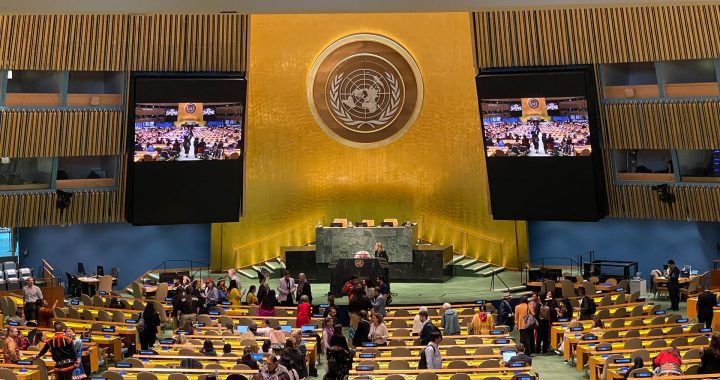
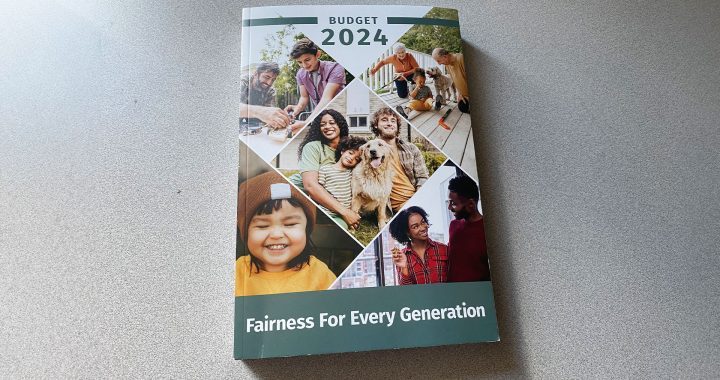
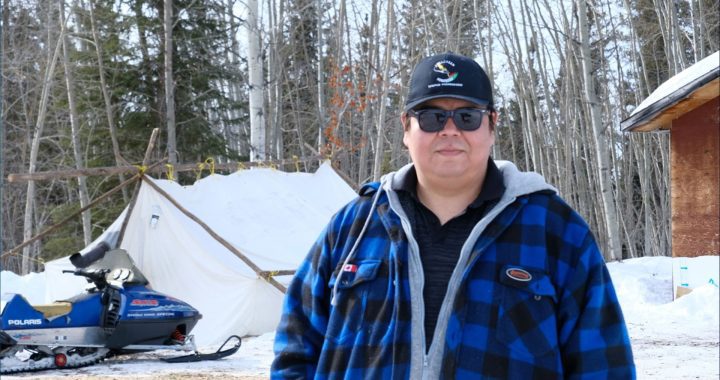
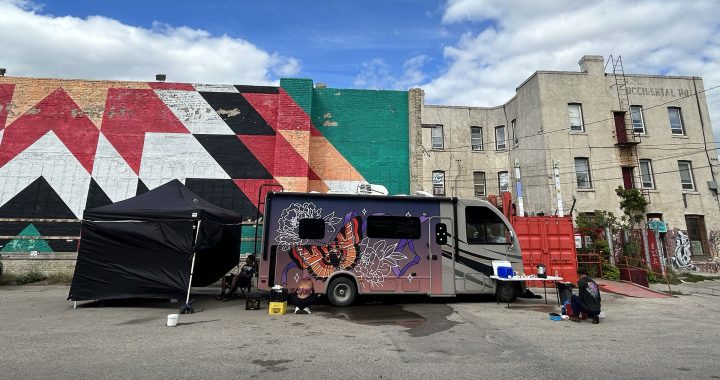
26 communities!?? u bribed them with throwing money in their face!!! Mr.Carruthers you say the pipeline is most cost efficient ?? the pipeline in the north spilled and killed animals food and water cleanliness you say its done safely?? nothing is perfect!!! all you see is dollar signs in youre eyes in my opionion and don’t have care about our aborigional communities well being and our lands well being and food water we drink!! we have a voice and it needs to be HEARD!
thanks for this interview . . . good questions and revealing answers. The money given by Enbridge so generously to First Nations so they “can make their own determinations” comes from the hand that wants the pipeline . . . which means strings of obligation and complicated roles and relationships get established from the beginning . . . And it concerns me profoundly hearing again and again that spills are “contained” when asked about safety – – – – that doesn’t answer the question about our concerns for our waterways and animals and people’s safety. They don’t say ‘we have no way of cleaning up the spills’ which would be the ‘transparent’ thing to say. All the chemicals used in the Gulf were more damaging and dangerous to the ocean and all who live off her food then even the huge spill – now they tell us this. They are doing their best but their best hurts lives and the cumulative impacts of the escalation of resource extraction will oniy hurt more peoples lives and riddle our landscape with industry impacts.